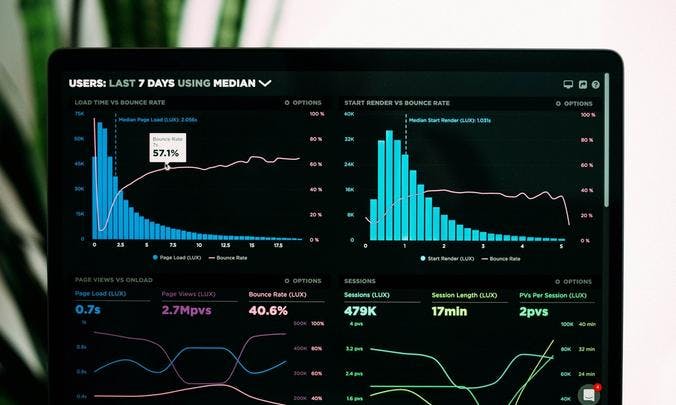
A House of Lords committee has voiced its support to recommendations by the British Computer Society to revamp computing qualifications for 14-16-year-old students and create a more relevant digital literacy qualification for these students.
The decision for the support came after the Education for 11-16 Year Olds Committee from the House of Lords published a report titled "Requires improvement: urgent change for 11-16 education" with emphasis on revising current computing qualifications.
BCS director Julia Adamson said England's school system is the only sufficient educational policy to educate every young person with the necessary skills and knowledge to face a digital future.
"The Committee agreed with our recommendations, including that the Government should introduce a new GCSE in applied computing as soon as possible and explore launching a basic digital literacy qualification that can be taken at key stage 4. This will ensure all pupils have the skills to participate effectively in post-16 education and training, employment, and wider life," said Adamson.
Report summary
The call for new computing qualifications is part of criticisms aimed at the previous reforms by the UK government to the 11-16 education system since 2010 due to its narrow set of subjects and teaching styles in the 11-16 system.
As digital technological advances have transformed society in many aspects, the UK labour market is also evolving at such a pace that the committee sees the current "knowledge-rich" educational approach by the UK government as inadequate to face the new reality.
The report said the BCS argued the secondary computing curriculum must be able to address the needs of pupils who will become either specialist computing professionals, professionals in other fields, or digitally literate citizens without additional specialist skills.
Although the first category will become the only one capable of creating new digital products and services, all these categories above must have sufficient digital literacy and qualification to perform adequately in their respective sectors, said BCS.
BCS said the number of pupils taking a GCSE-level digital qualification has dropped in recent years, a development related to the termination of GCSE information and communication technology (ICT) in 2019. Although the number of pupils taking GCSE computer science has reached 87,405 persons in 2023, it is currently the only computing-focused GCSE available, according to the report.
Pushing for reforms
Adamson said the committee's decision aligns with the recommendations by the BCS, in which the UK government should introduce an applied computing-focused GCSE immediately and consider launching a basic digital literacy qualification pupils can take at key stage 4 education level.
"This will ensure all pupils have the skills to participate effectively in post-16 education and training, employment, and wider life," said Adamson.
The committee also recommended a requisite set of literacy and numeracy qualifications for pupils between the ages of 14 and 16, focusing on implementing these qualifications in real-life contexts.
Apart from the recommendations to revamp current computing qualifications, the committee also suggested discontinuing the English Baccalaureate (EBacc) school performance indicator. The UK government introduced the EBacc in 2010 to ensure pupils take English, geography, history, maths, science, and a foreign language in GCSE.
The committee said EBacc limited the opportunities for pupils to study a balanced and broad curriculum and pursue core skills needed for future work opportunities.
"Change to the education system for 11 to 16-year-olds is urgently needed to address an overloaded curriculum, a disproportionate exam burden, and declining opportunities to study creative and technical subjects," said committee chair Lord Jo Johnson.
Impact on skills bootcamps and development
This updated approach to computer science, coding and software development is a positive step in supporting the future of tech talent in the UK. Developing tech literacy at a younger age will go a long way to enable students who wish to progress to deeper tech enabled training such as courses in software development. We have seen first hand how computer literacy can be a barrier to learning to code.
This approach will also address many of of the gaps recently identified by Local Skills Improvement Plans (LSIP's) with many stating that digital skills require improvements across the spectrum of capability, from general IT literacy to deeper, focussed disciplines.
About the Author
James has 8 years with Fortune 200 US firm ITW, experience of managing projects in China, USA, and throughout Europe. James has worked with companies such as Tesco, Vauxhall, ITW, Serco, McDonalds. James has experience in supporting start-up and scale up companies such as Readingmate, Gorilla Juice and Harvest London. James completed his MBA at the University of East Anglia in 2018.


